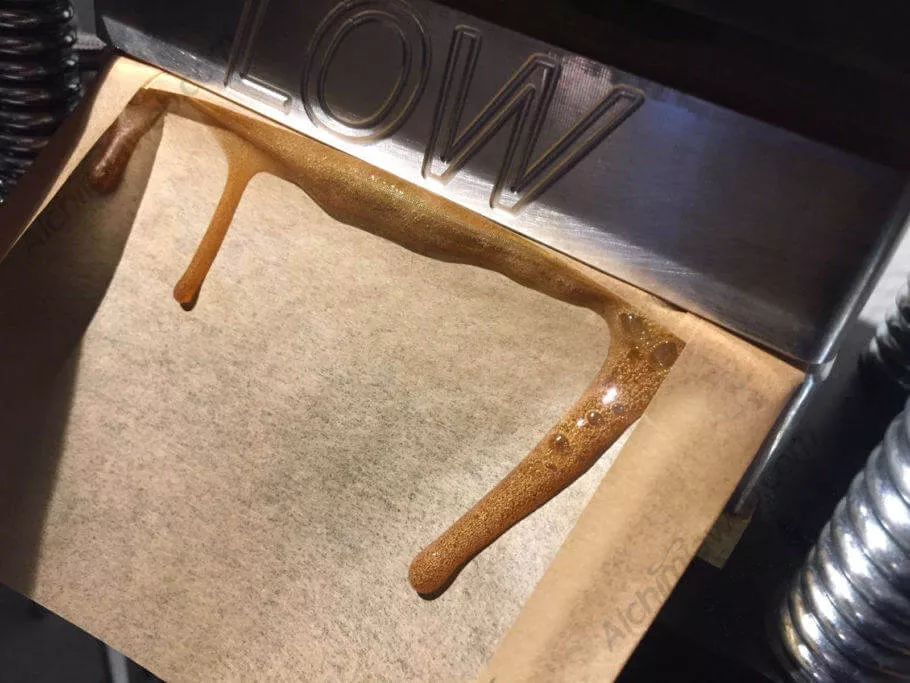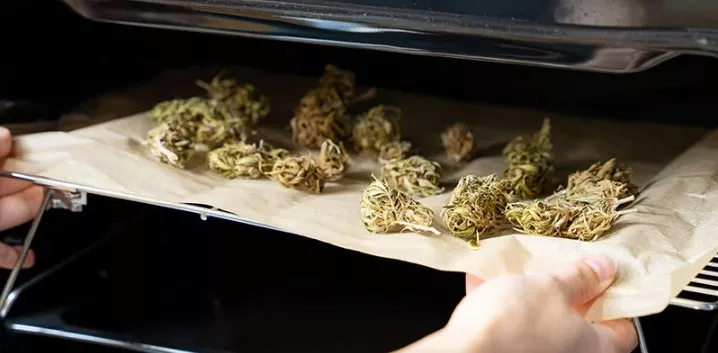- Shop All
- Type
- (158) THC>
- (76) CBD>
- Need
- Sleep>
- (23) Pain>
- (14) Anxiety>
- (6) Pets>
- (93) Edibles
- (16) CBD Edibles>
- (66) THC Edibles>
- (3) Ratio Edibles>
- (40) Hybrid Edibles>
- (97) Vegan>
- (5) Beverages>
- Strain
- (38) Indica>
- (32) Sativa>
- (58) Hybrid>
- (15) Tinctures
- (5) Anxiety Tinctures>
- (9) CBD Tincture>
- (1) Pain Tincture>
- (4) Ratio Tincture>
- (4) Sleep Tincture>
- (4) THC Tincture>
- (4) Capsules
- (1) CBD Capsules>
- (0) THC Capsules>
- (3) Ratio Capsules>
- Foggers
Reciprocity
Alana RossiAugust 19, 2023LatestIn the context of medical marijuana, reciprocity refers to an agreement between two or more states that allows visiting medical cannabis patients legal access to dispensaries across state lines. Reciprocity ensures traveling registered patients can maintain their legal access to medicine while away from home. However, reciprocity laws vary greatly state by state. Some mandate full access for visitors, others limit access to certain products or quantities, and some have no reciprocity at all. Patients should always understand the specific medical marijuana reciprocity laws before crossing state lines with cannabis medication.
For example, Arizona offers full legal patient reciprocity to medical marijuana cardholders from any other legal state. Maryland allows reciprocal patients to obtain up to a 30 day temporary supply based on the patient's certification. And Louisiana currently has no operational reciprocity laws in place for out-of-state medical marijuana patients. Checking with state laws is crucial because crossing into a non-reciprocal state with cannabis could result in legal problems. While imperfect, the goal of reciprocity is ensuring continuity of care for traveling patients registered in a different home state.
0/5 (0 Reviews)Latestfrom B+FBe the first to know about exciting new products, special events, seasonal offers, and much moreOur Collective
Wellness to your doorstepCopyright © 2024 All Rights Reserved | BIRCH + FOG[gtranslate]Save your cart?
x










